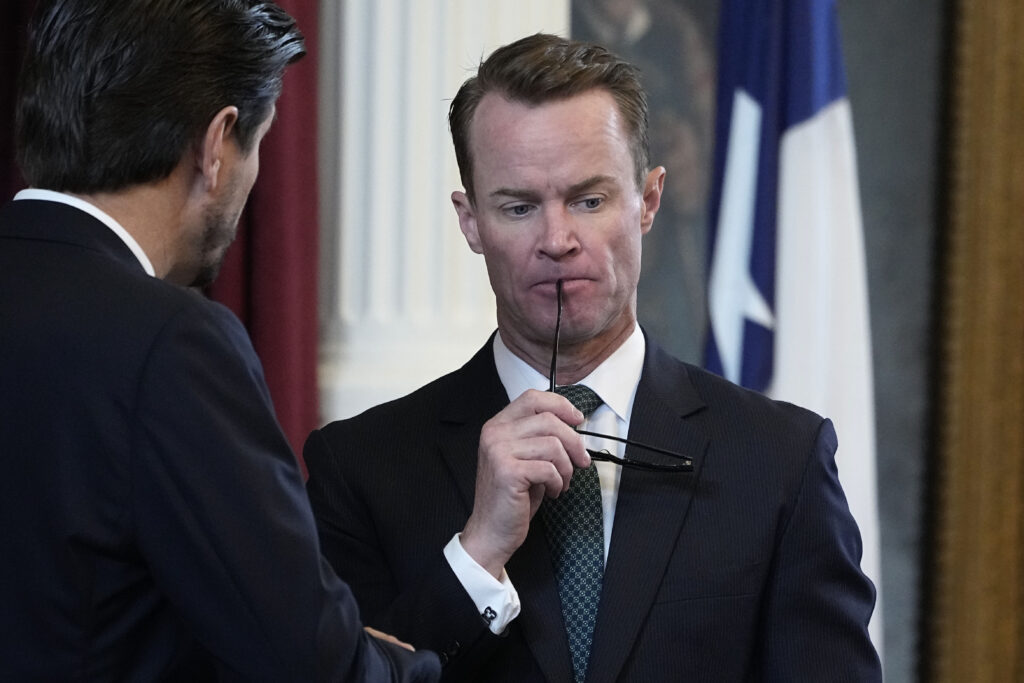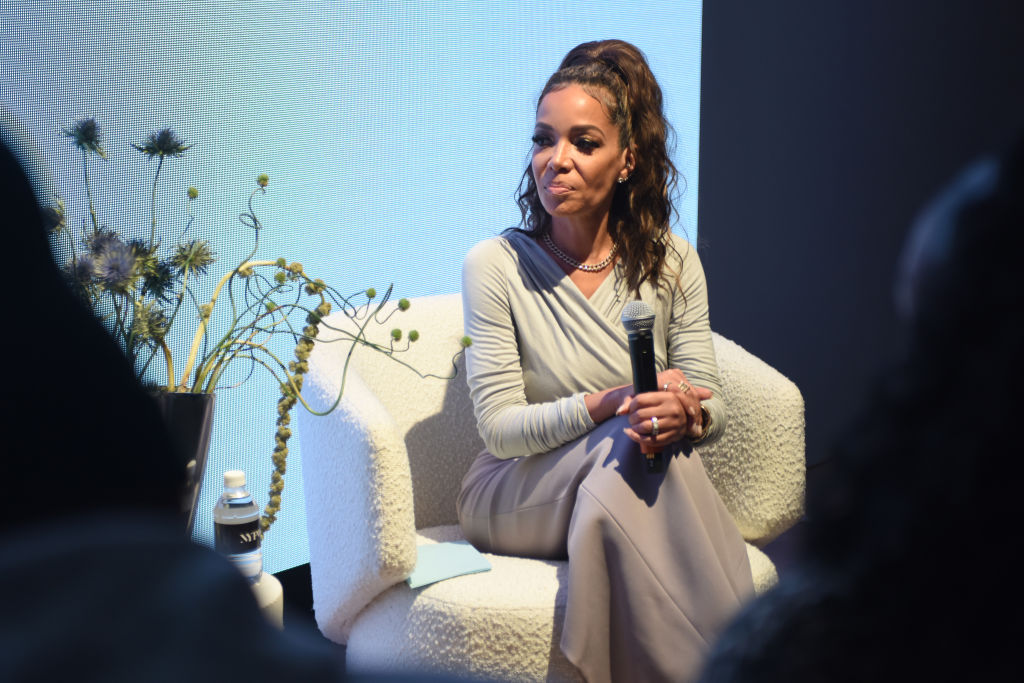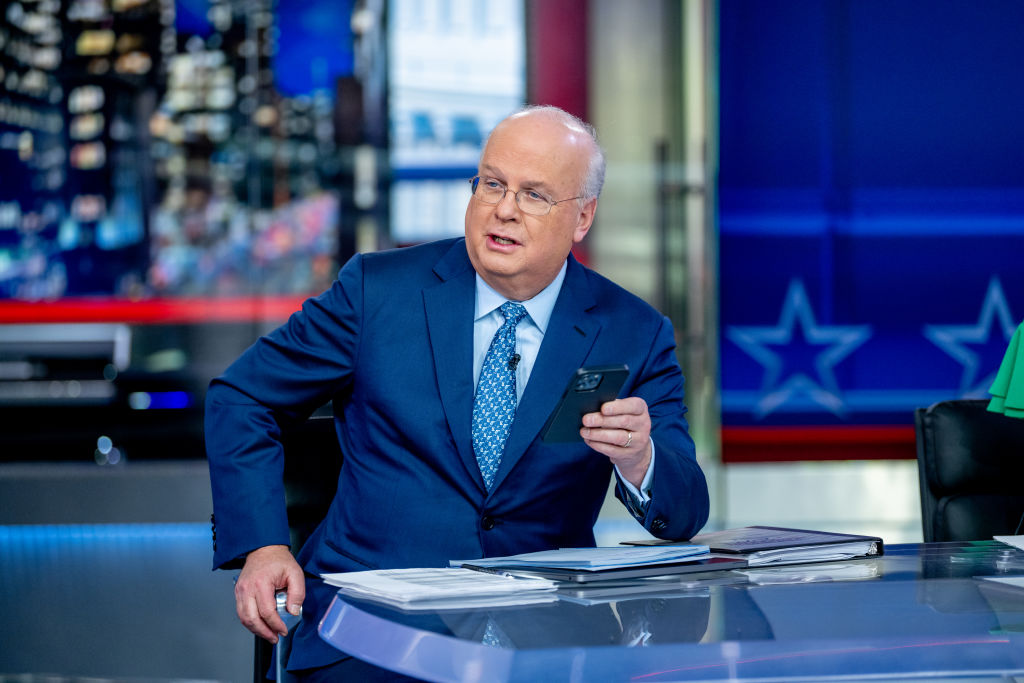New Biography Uncovers Elon Musk’s Potential to Revolutionize the World
Elon Musk and Mark Zuckerburg’s potential cage match was the talk of the summer, and it was easy to dismiss it as idle threats made by two unathletic billionaires. After reading “Elon Musk,” the new biography by Walter Isaacson, I’m not so sure.
When Max Levchin wanted PayPal to use Unix rather than Musk’s preferred option, Windows, Musk challenged him to arm-wrestle to settle the dispute. Musk won the match and, eventually, the software debate.
At his first start-up, he would regularly get into fights with his co-founder and brother Kimbal. The worst one ended with Kimbal biting off a hunk of Elon’s hand, sending him to the emergency room for stitches and a tetanus shot. At a Gilbert and Sullivan–themed 42nd birthday party, Musk successfully threw a 350-pound sumo champion, but blew out a disc at the base of his neck in the process. Professionally and physically, Musk seeks the thrill of danger.
Musk has made a career out of navigating crises and questioning authority, and he combines that with a sci-fi-inflected concern for the fate of humanity. The problems that captivate Musk are world-altering and mind-bogglingly numerous: multi-planetary civilization, infinite energy, human-machine implants, humanoid robots, free speech, democracy, and the declining birth rate. He has sired 11 children by three women so far.
Yet he remains slightly detached — seemingly a product of his Asperger’s — fixating on physics, engineering, and programming rather than human interactions. As one SpaceX employee put it, “Elon cares a lot about humanity, but humanity in more of a very macro sense.” At times, this can make him a flat, robotic main character.
While his rockets and cars iterate and improve, personally, he has difficulty growing. At a Christmas family gathering in 2022, he said, “My main regret is how often I stab myself in the thigh with a fork, how often I shoot my own feet and stab myself in the eye.”
A Man Well-Acquainted With Violence
Musk grew up in apartheid South Africa, where violence was common. He was not coddled. At age 12, he was sent to a wilderness survival camp in South Africa, called a veldskool, which he described as a “paramilitary Lord of the Flies.” Kids were given small rations and encouraged to fight over them. Bullying was a virtue.
Near the end of the first week, the boys were divided into two groups, then told to attack each other. Musk, small and emotionally unintelligent, was beaten up often and ended up losing 10 pounds.
Every few years, one of the kids would die. Rather than responding with candlelit vigils and calls for safety, the counselors would advise, “Don’t be stupid like that dumb f— who died last year. Don’t be the weak dumb f—.”
Likewise, Elon was an easy target at school. One altercation led to a group of boys shoving him down a set of concrete stairs, then, as his brother Kimbal describes, “They sat on him and just kept beating the s— out of him and kicking him in the head. When they got finished, I couldn’t even recognize his face. It was such a swollen ball of flesh that you could barely see his eyes.”
When Elon got home from the hospital, his father, Errol Musk, yelled at him for an hour, calling him “an idiot” and “worthless.” Errol felt Elon deserved the beating because he’d called the antagonist “stupid” after the boy’s father had just committed suicide.
As Errol told Isaacson, “Their experiences with me would have made veldskool quite tame.” Looking back, Elon says, “If you have never been punched in the nose, you have no idea how it affects you the rest of your life.”
‘Hardcore‘
Musk is drawn to military metaphors. His philosophy or “algorithm” for business includes principles like, “All technical managers must have hands-on experience … Otherwise, they are like a calvary leader who can’t ride a horse or a general who can’t use a sword.” And, “Never ask your troops to do something you’re not willing to do.”
But unlike an army, where discipline and rule-following are paramount, Musk discourages comradery because “it makes it hard for people to challenge each other’s work.” And the work comes first.
Musk has always disdained work-life balance. In the late ’90s, working at his internet start-up Zip2, he spent six months sleeping on a futon at his office and showering at the YMCA. After a few months, he rented an unfurnished apartment, which, according to his sister, never had more than just “two mattresses and lots of Cocoa Puffs boxes.”
Even then, Elon often slept at the office after a coding binge, without a pillow or sleeping bag. Less than four years later, Elon and his brother Kimbal sold the company for $307 million in cash, and Elon walked away with $22 million.
After PayPal, Musk took big risks with SpaceX and Tesla, often teetering on the brink of ruin. His management style relies on “peppering” engineers with technical questions and calling for “surges” to lend a “maniacal sense of urgency” to a given project. He often demands what seems impossible and does not take no for an answer.
The result, as one SpaceX engineer put it: “Even though we failed to meet most schedules or cost targets that Elon laid out, we still beat all of our peers. We developed the lowest-cost, most awesome rockets in history.” In the words of Grimes, a.k.a. Claire Boucher, the mother of three of Elon’s children, Musk’s “demon mode causes a lot of chaos, but it also gets sh-t done.”
Observing demon mode from a safe distance is one of the chief pleasures of the book. When working on rockets for SpaceX, Musk developed a concept called “the idiot index,” which was a ratio comparing the total cost of a component to the cost of the raw materials. A part that costs $1,000 when its aluminum only costs $100 would have a high idiot index. Hoping to bring down the engine cost on the Raptor rocket from $2 million to $200,000, he met with a financial analyst named Lucas Hughes:
Musk: What are the best parts in Raptor as judged by the idiot index?
Hughes: I’m not sure. I will find out.
Musk: (speaking with monotone) You better be f—ing sure in the future you know these things off the top of your head. If you ever come into a meeting and do not know what are the idiot parts, then your resignation will be accepted immediately. How can you f—ing not know what the best and worst parts are?
Hughes: I know the cost chart down to the smallest part. I just don’t know the cost of the raw materials of those parts.
Musk: What are the worst five parts?
(Hughes looks to his computer screen)
Musk: NO! Don’t look at your screen. Just name one. You should know the problematic parts.
Hughes: (tentatively) There’s the half nozzle jacket. I think it costs thirteen thousand dollars.
Musk: It’s made of a single piece of steel. How much does that material cost?
Hughes: I think a few thousand dollars.
Musk: No. It’s just steel. It’s about two hundred bucks. You have very badly failed. If you don’t improve, your resignation will be accepted. This meeting is over. Done.
When Isaacson asked Musk later that day whether he thought he’d been too harsh with Hughes, Musk replied, “I give people hardcore feedback, mostly accurate, and I try not to do it in a way that’s ad hominem … Physics does not care about hurt feelings. It cares about whether you got the rocket right.”
Physics does not care about hurt feelings, and it also does not care about DEI standards. Musk’s hiring policy is as simple as it is effective: “I believe in a strict meritocracy. Whoever is doing great work, they get more responsibility. And that’s that.”
He worries that unchecked, “the woke-mind virus, which is fundamentally antiscience, antimerit, and antihuman in general,” could lead to civilizational decay and AI domination of the human race. In his words, which apply to the regulators and the critics, “Every year there are more referees and fewer doers.”
Musk is not perfect, and there are plenty of decisions to criticize, whether his bizarre family life, his Starlink refusal, or his sophomoric tokes and jokes. But perhaps, as Elon deadpanned on “Saturday Night Live,” it might be too much to expect that a man single-handedly transforming society would also be a “chill, normal dude.” If we end up on Mars, we’ll know who to thank.
rnrn
How did Elon Musk’s upbringing in apartheid South Africa shape his complex personality?
Elon Musk: A Complex Character Shaped by Violence and Ambition
Elon Musk and Mark Zuckerberg’s potential cage match was the subject of much speculation this summer. Many dismissed it as idle threats made by two unathletic billionaires. However, after reading “Elon Musk,” a new biography by Walter Isaacson, it seems that there may be some truth behind the intensity of Musk’s personality.
One story that stands out is when Max Levchin wanted PayPal to use Unix instead of Musk’s preferred option, Windows. Musk challenged him to an arm-wrestling match to settle the dispute. Musk emerged victorious, both in the match and in the ensuing software debate.
But Musk’s appetite for competition is not limited to the business world. In his first start-up, he frequently got into fights with his co-founder and brother, Kimbal. One particularly bad altercation resulted in Kimbal biting off a chunk of Elon’s hand, sending him to the emergency room for stitches and a tetanus shot. Musk’s competitive nature also led to a disc injury when he successfully threw a 350-pound sumo champion at a Gilbert and Sullivan-themed 42nd birthday party.
Musk’s career has been marked by navigating crises and questioning authority. He possesses a sci-fi-inflected concern for the fate of humanity and is drawn to world-altering problems such as multi-planetary civilization, infinite energy, human-machine implants, humanoid robots, free speech, democracy, and the declining birth rate. It should come as no surprise, then, that he has fathered 11 children by three women.
Yet, despite his grand ambitions, Musk remains slightly detached from human interactions, possibly a product of his Asperger’s. He fixates on physics, engineering, and programming rather than personal connections. As one SpaceX employee puts it, “Elon cares a lot about humanity, but humanity in more of a very macro sense.” This can make him come across as a flat, robotic protagonist at times.
While his rockets and cars continually improve, there seems to be a struggle for personal growth. Musk has been open about his challenges, stating, “My main regret is how often I stab myself in the thigh with a fork, how often I shoot my own feet and stab myself in the eye.” This remark highlights his tendency to self-sabotage and the difficulties he faces in personal development.
To understand Musk’s complex personality, it is crucial to explore his upbringing. He grew up in apartheid South Africa, a place where violence was prevalent. Musk was not sheltered from this reality. At the age of 12, he was sent to a
" Conservative News Daily does not always share or support the views and opinions expressed here; they are just those of the writer."





